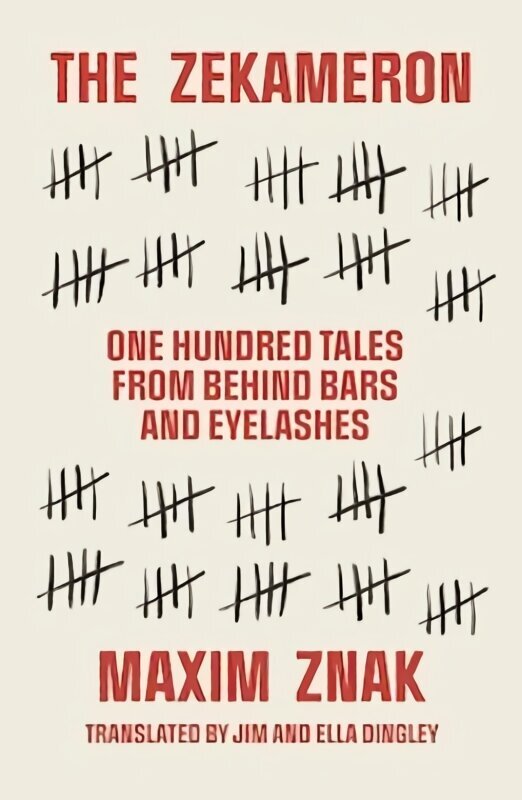'Zekameron' comes from 'Zek' meaning prisoner and is a word-play on Boccaccio's Decameron. 'He came back from interrogation looking like death. Some people look better than he did when they're being put in their coffin. "What happened then? Did they stick any other articles of the Criminal Code on you? Or break your jaw?" "Nothing like that. I've got toothache..." The 100 tales in Zekameron are based on the 14th Century Decameron, but Znak is closer to Beckett than to Boccaccio. Banality and brutality vie with the human ability to overcome oppression. Znak's stories in different voices chart 100 days in prison in Belarus today. The tone is laconic, ironic; the humour sparse. The stories bear witness to resistance and self-assertion and the genuine warmth and appreciation of fellow prisoners.
